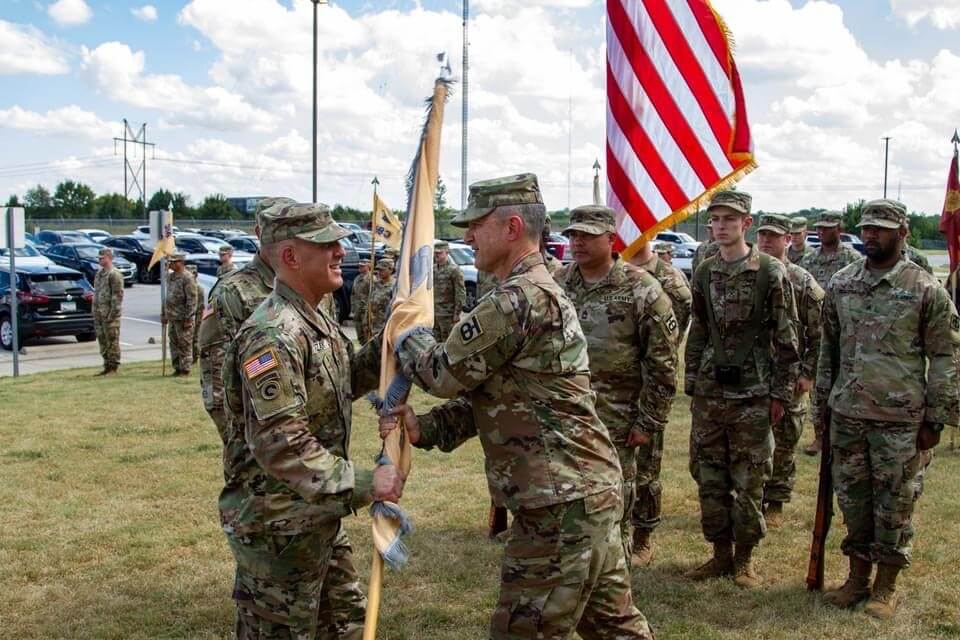A soldier who today assists other service members in getting financially ready said hindsight is 20/20.
Army Reserve Lt. Col. Jerry Quinn, chief operating officer at the American Armed Forces Mutual Aid Association (AAFMAA), remembers what it was like trying to “manage it all” as a young private. He enlisted in 1985, serving six years on active duty before transitioning to the Colorado National Guard.
“I was a National Guardsman from 1991 through 2004 before I moved over to the Army Reserve, where I have been ever since. My deployments have included stateside emergencies, international, and combat zones,” Quinn said.
With his transition between different components of service, he’s learned a thing or two about preparing for the unexpected and ensuring all is squared away before departure. Some of those lessons were hard learned. Quinn shared a story of receiving an unexpected per diem windfall as a sergeant.
“It was certainly a welcome input to my cashflow for sure,” he laughed.
Looking back, he saw it as a wasted opportunity to save and prepare — a mistake he’d like to prevent others from making. “I could have planned and positioned that money for my benefit long term, much better than I did,” he added.
Members of the Guard and reserves are familiar with changing orders, delayed pay and insurance. With these uncertainties, Quinn stressed the importance of thinking far ahead in terms of preparing finances for deployment — proactive planning versus reactive planning.
“If there’s one thing that I know, it’s not just about being physically fit or maintaining my shots and my health records so that I’m deployable, or keeping my kit bag ready to go. But it’s also about ensuring my family is prepared for a deployment and that my accounts are set up properly,” he explained.
For Quinn, this means having emergency funds for things that will inevitably go wrong, budgeting well and lining up resources to support deployments.
“Take a look at the resources available to you and ask your employer what benefits are available. I work for an organization where we provide many, many resources and tools and tips on how to take advantage of all of your benefits either during periods of active duty transition or as a veteran,” he said.
Established in 1879, AAFMAA is the longest-standing, nonprofit financial solutions provider supporting military families and veterans with advice, information, insurance, financial planning, investments, mortgages, survivor assistance and other benefits.
“Today our mission is to ensure the financial security and financial security and independence of the Armed Forces community,” Quinn said.
He will continue that mission concurrent to his service in uniform.
“I’m doing good, important work. I enjoy fulfilling the role as a reserve officer and as a reserve member,” Quinn said. “I stand ready to answer America’s call on America’s worst day. I take a lot of pride in knowing that this is the way I serve my community.”

